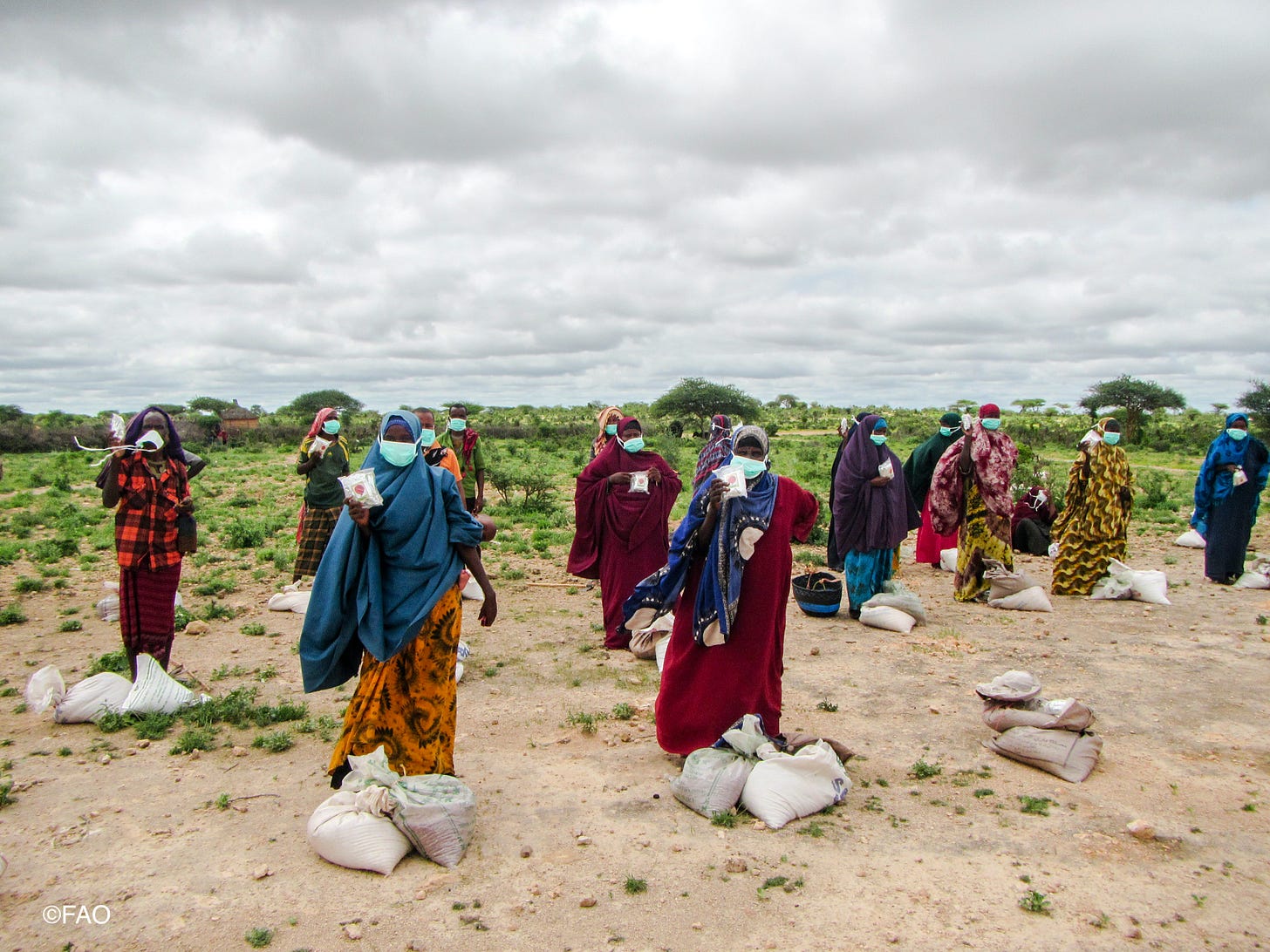Agriculture is hardest hit by climate disasters
In about half a century, the number of disasters has tripled.
Who suffers most from climate change-related disasters? Industry? Tourism? Property developers in Miami? Investors in Wall Street?
The FAO, the UN's Food and Agriculture Organisation, published a report that concludes that agriculture absorbs the bulk of the financial losses and damages. Disasters have grown in frequency, intensity, and complexity. Unprecedented threats include wildfires, extreme weather, huge desert locust swarms, and emerging biological threats like the COVID-19 pandemic.
Asia
Yesterday, I wrote about the devastating consequences of climate change and related natural disasters. Such events have displaced an estimated 10 million people in the past six months, and 60 percent of them live in the Asia-Pacific region. I wrote that the most impoverished communities are often the first victims of climate change.
Today's FAO report gives more information about which sector is hardest hit by climate change and other natural disasters. The UN agency looks at the problem through a different lens, but their conclusion is quite similar: Asia, and the most impoverished communities, are mentioned as the most impacted. These disasters are upending people’s lives, devastating livelihoods, and jeopardizing our entire food system. This translates into a disproportionate burden borne by smallholders and the most vulnerable.
In about half a century, the number of disasters has tripled. The report's main conclusion is that it is agriculture that absorbs 63 percent of its impact. That is much more than Industry, commerce, and tourism combined. In the ten years between 2008 and 2018, the most considerable losses for the agricultural sector were in Asia, with overall economic losses of $49 billion, followed by Africa and Latin America.
The report identifies drought as the single greatest culprit of agricultural production loss, followed by floods, storms, pests and diseases, and wildfires. You will probably remember last year’s pictures of vast swarms of desert locusts ravaging across the Greater Horn of Africa, the Arabian Peninsula, and Southwest Asia. They destroyed crops and threatened food security.
FAO Director-General QU Dongyu said today: "Increased risk exposure has become the 'new normal'’ and he added that "the impact of climate change is set to exacerbate these challenges even further." He said the report makes a powerful case for investing in resilience and risk reduction.
The full report is available here, but this is an accessible summary if you have just two minutes.






Living in an area where climate change has not had a terrible effect it is easy to ignore or not notice the devastation it is causing in other parts of the planet. It is vital that all governments take action now and not pass it off as something that can be done in the future. What affects the least of us will affect us all.
Good morning Alexander, thank you for the eye opening newsletter. I also liked the short (The FAO, the UN's Food and Agriculture Organization's) hyperlink at the bottom of your article with nature and local farmer soundtracks, graphics and current costs overview! Bravo!!